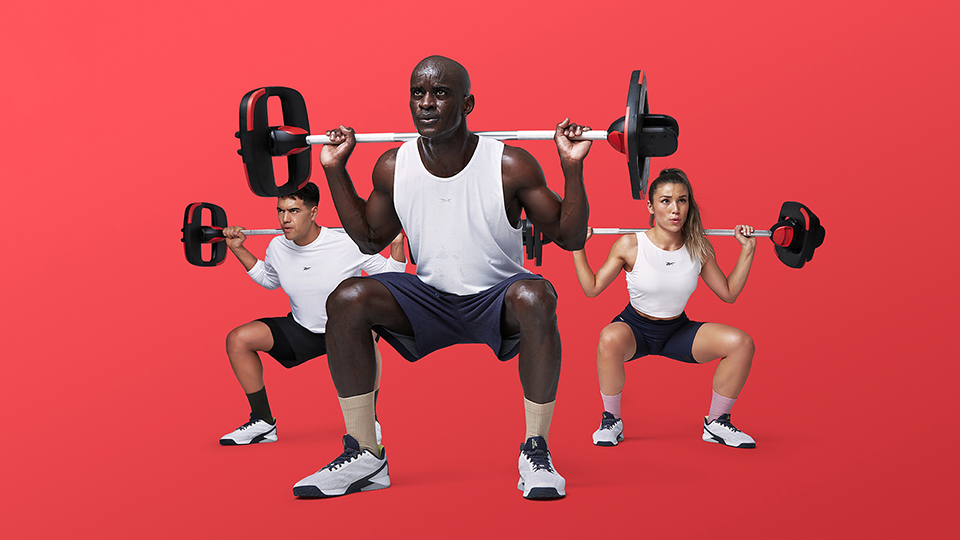Resistance training is a winner when it comes to increasing strength, enhancing muscle tone, improving bone health and leaving you feeling fit, strong and powerful. And that’s just the beginning. We now have more evidence that strength-based exercise adds value in other surprising – but extremely important – ways.
How strength training improves sleep
In a recent study, scientists have found that by including strength training in your workout routine you can add up to 40 minutes more sleep each night– 17 minutes more than you get from simply doing aerobic exercise.
The time you spend building strength you win back in sleep – and then some!
Over a week, three hours of strength training can lead to over 4.5 hours of extra sleep. So the time you spend building strength you win back in sleep – and then some!
On average, study participants in the resistance exercise group shaved 20 minutes off the time they spent lying awake each night. They reported falling asleep three minutes earlier on average than those who were doing either no exercise, aerobic exercise, or a blend of resistance and aerobic exercise.
These findings fly in the face of common recommendations that insomniacs or anyone struggling with sleep deprivation should add more aerobic activity to their day. “While both aerobic and resistance exercise are important for overall health, our results suggest that resistance exercises may be superior when it comes to getting better z's at night,” comments lead researcher Angelique Brellenthin, from Iowa State University.
The resistance exercise group shaved 20 minutes off the time they spent lying awake each night.
Even just one night of bad sleep can be dangerous
New research reveals all it takes is one night of poor sleep (less than six hours slumber) to significantly harm mental and physical wellbeing. If you have six consecutive nights of poor sleep, you can suffer severe emotional and physical issues such as body aches, gastrointestinal issues and respiratory problems.
How strength training cuts the risk of early death
But it's not just longer nights, a longer life is also on the cards when you dial up your strength-building efforts.
We’ve long known resistance training can help lower the risk of death, but there’s been scant evidence showing how much strength training you actually need. Now, thanks to a global analysis of 16 individual studies conducted over the past three decades, we can reveal the answer.
As little as 30 – 60 minutes of muscle-strengthening activity each week can help reduce your risk of dying by up to a fifth. Strength training alone is linked to a 10% to 20% lower risk of death from all causes, heart disease and cancer. However, the maximum life-lengthening benefit comes when you combine muscle strengthening and aerobic activities. This combination is linked to an even greater reduction in risk of death from any cause (40%), heart disease (46%), and cancer (28%).
Interestingly, ramping up your strength training to the extreme won’t necessarily pay off. Research shows doing more than 60 minutes of resistance exercise a week doesn’t lead to an increase in the life-lengthening benefits.
Bryce Hastings, Les Mills Head of Research, says that given the numerous stressors of modern life and the prevalence of insomnia, these findings couldn't come at a better time. “It simply highlights the breadth of benefits that come from a well-balanced exercise regime.” He recommends a weekly routine of two resistance exercise training sessions focusing on the major muscle groups, with three to four cardio sessions and one flexibility and mobility-based session as the ideal prescription.
LEARN MORE ABOUT:
SLEEP AND EXERCISE

What’s the best thing for a tired body? We’ve scoured the latest findings to see if you should snooze or work up a sweat; how sleep can impact your weight; and what’s best for children – more sleep or more physical activity?
STRENGTH TRAINING TRENDS

Do you need leg day? Should you be doing bicep curls on a BOSU? How will technology affect resistance training in the future? We asked three strength training experts how our gains will stack up in the future.









